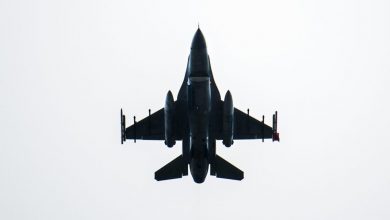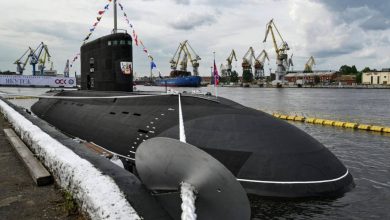Polish Ministry of Defence Announces Billion Contracts in Domestic Industry

During a press conference held alongside the signing of a contract for FlyEye drones, representatives of the Ministry of Defence (MON) announced plans to sign numerous agreements aimed at modernizing the Armed Forces through Poland’s domestic defence industry. Systems supporting artillery alone could receive several billion złoty in funding.
Deputy Minister of Defence Paweł Bejda, speaking alongside Minister Władysław Kosiniak-Kamysz, stated that by the end of the year, 40 contracts would be signed with the domestic defence sector, involving a “substantial amount of money.” Among these is a contract for support vehicles for K9 howitzers, likely covering nine divisional modules. This agreement is expected to be worth nearly 7 billion PLN. For comparison, the executive contract for the purchase of 212 K9A1 howitzers, supporting Polish-made vehicles, amounted to $2.4 billion net. This included 164 newly manufactured units, 48 used ones, as well as a logistics package and ammunition.
The support vehicles for the K9A1 howitzers will be equipped with the Topaz Automated Fire Control Module and will also be compatible with Krab howitzers. These vehicles will outnumber those previously included in Regina modules with Krab howitzers, which are expected to be supplemented under future contracts. Details on the configuration of divisional modules for K9A1 howitzers were recently reported by Defence24.pl.
Other major domestic contracts planned include the delivery of 80 Rosomak-L armored personnel carriers equipped with ZSSW-30 turrets, as well as support vehicles for Homar-K MLRS systems, likely covering 12 squadrons under the first executive agreement.
The combined value of these two contracts is estimated to approach or exceed 10 billion PLN. Previously, 58 Rosomak vehicles cost 2.6 billion PLN, while support vehicles for three divisions of Langusta rocket launchers, configured far more modestly than the Homar-K systems, cost 1.3 billion PLN.
Regarding the executive contract for the Borsuk Infantry Fighting Vehicle (IFV), Deputy Minister Bejda commented: „We are ready. Is Polish industry ready? I cannot answer that question.” Unofficially, it has been reported that qualification tests revealed the need to modify the side gearboxes due to issues with the current design causing drivetrain failures. Signing the contract depends primarily on resolving this technical issue. As of early October, the contractor had submitted all necessary documentation to the Armaments Agency to begin negotiations for the executive agreement





